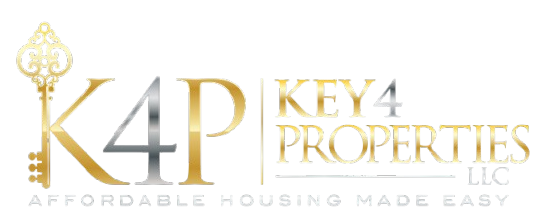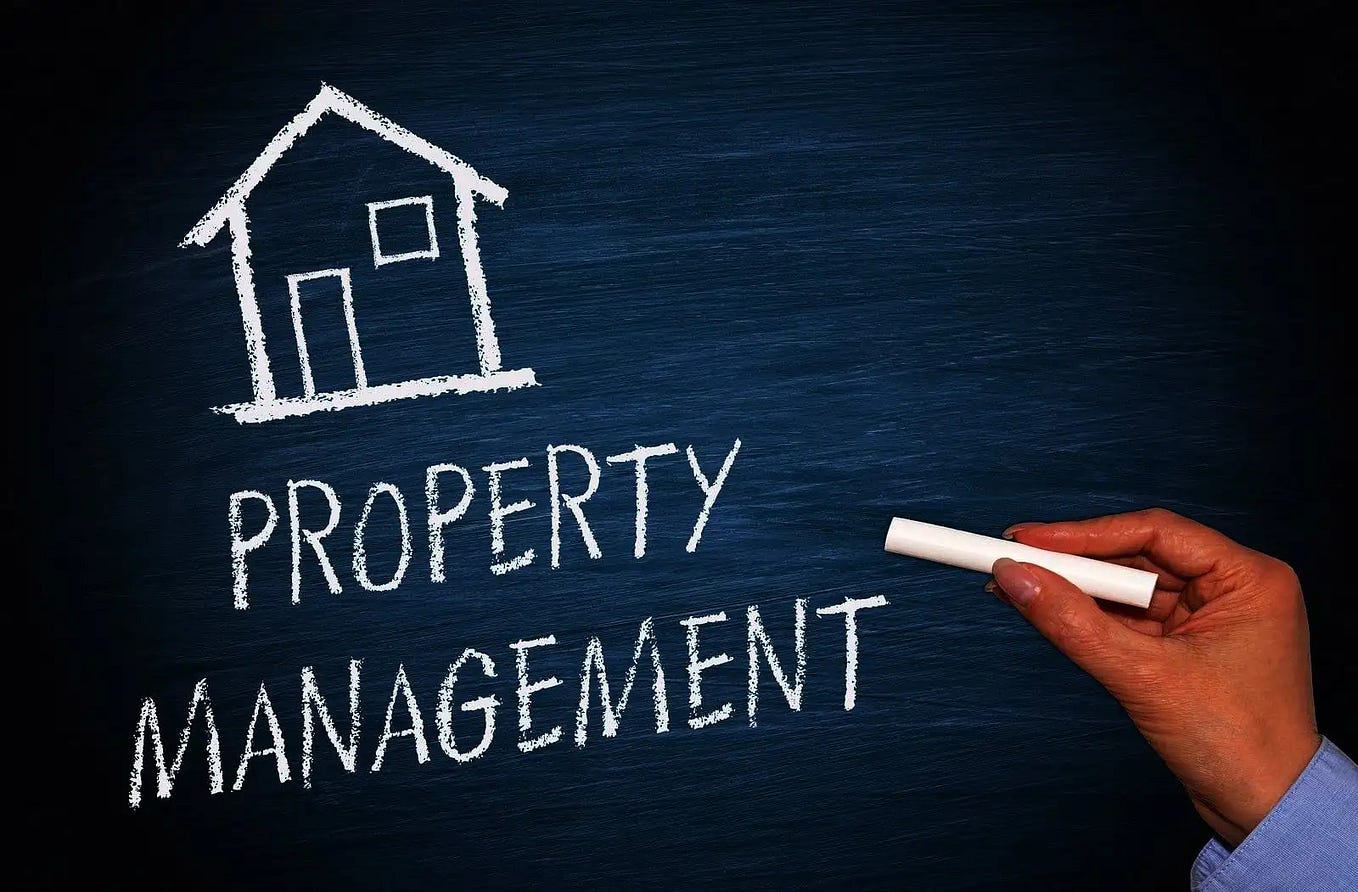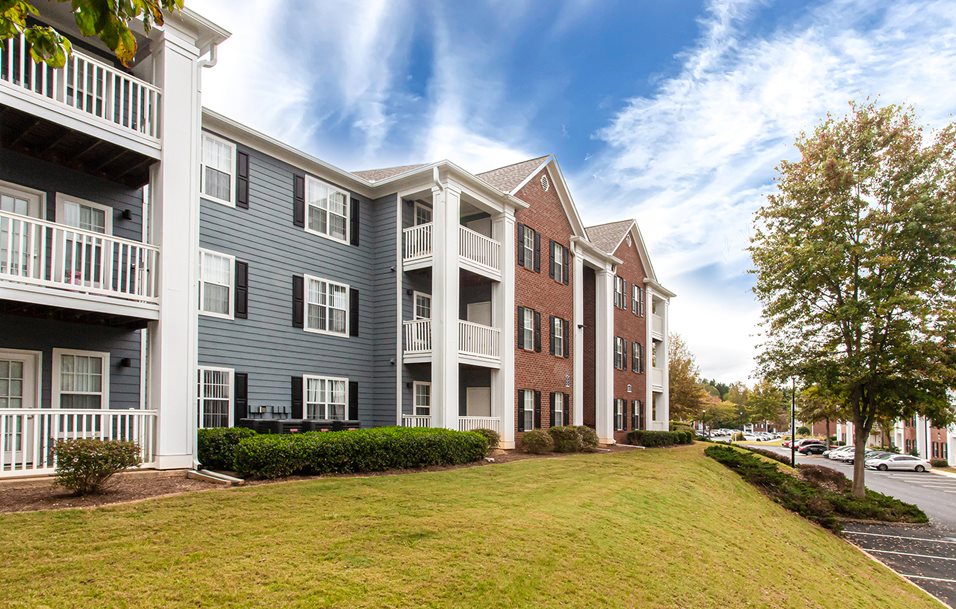Owning rental property can be a great way to build wealth. However, managing a property can be a lot of work. As a property owner, you have two main options: self-managing the property or hiring a property manager. Both have their advantages and challenges. Understanding these can help you decide which approach is best for your situation.
What Does Self-Managing Mean?

When you self-manage your property, you take care of everything. You find tenants, collect rent, handle maintenance issues, and resolve tenant problems. This option might be appealing to property owners who want to save money and keep full control of their investment.
The Pros of Self-Managing Your Property
- Save Money
The main benefit of self-managing is that you save on property management fees. Property managers typically charge between 8% and 12% of the monthly rent. By managing the property yourself, you keep all of that money. - Complete Control
Self-managing means you make all the decisions. You choose the tenants, set the rent prices, and decide when to do repairs. For many, this hands-on control is the most appealing part of self-management. - Better Tenant Relationships
Managing the property yourself allows you to directly interact with tenants. This can build trust and lead to longer-term, more stable tenants. - Learn and Grow
Managing your own property teaches you a lot. You’ll learn about tenant screening, lease agreements, local laws, and more. This knowledge can be valuable if you plan to invest in more properties later on.
The Cons of Self-Managing Your Property

- It Takes Time
Self-management is time-consuming. You’ll be responsible for tenant screenings, rent collection, maintenance, and handling emergencies. This can take a lot of your time, especially if you have a full-time job or other responsibilities. - Emotional Involvement
When you manage your property personally, it’s easy to get emotionally involved with tenants. For example, if a tenant is late on rent or causes damage to the property, it might be difficult to make tough decisions, like raising the rent or evicting someone. - Lack of Expertise
If you’re new to property management, you may make mistakes. You might not know all the local laws or how to handle repairs properly, which can lead to costly errors. - Limited Scalability
As your property portfolio grows, it can become difficult to keep up with the demands of self-management. You may find it harder to manage multiple properties or properties located far away.
What Does Hiring a Property Manager Mean?
A property manager is a professional hired to handle the daily operations of your rental property. They take care of finding tenants, collecting rent, performing maintenance, and dealing with any problems that arise. This option is appealing to property owners who prefer not to deal with the day-to-day tasks or who own multiple properties.
How Much Do Property Managers Charge?
Property managers usually charge a monthly fee to take care of rental properties. This fee is often between 8% to 12% of the monthly rent collected. For example, if the rent is $1,000, the manager might charge $80 to $120 each month. Some may also ask for extra fees for services like finding new tenants, handling repairs, or dealing with evictions. It’s important to ask for a full list of fees before hiring a property manager, so there are no surprises later.
The Pros of Hiring a Property Manager

- Saves Time
The biggest benefit of hiring a property manager is that it saves you time. They take care of the property’s daily operations, allowing you to focus on other important things. - Expertise
Property managers are professionals with experience in managing rental properties. They understand the laws, know how to screen tenants, and are skilled at handling maintenance and repairs. - Better Tenant Retention
Property managers know how to keep tenants happy. They are quick to respond to maintenance requests, resolve issues, and ensure the property is well taken care of. This leads to better tenant retention, which means fewer vacancies and lower turnover. - Scalability
Hiring a property manager makes it easier to expand your property portfolio. You can invest in more properties without being overwhelmed by the workload, as the property manager will handle the extra responsibility.
The Cons of Hiring a Property Manager
- Costs Money
Property managers charge a fee, typically between 8% and 12% of the monthly rental income. This fee means you’ll take home less money than if you were managing the property yourself. - Less Control
When you hire a property manager, you give up some control. The property manager makes the day-to-day decisions, such as tenant screening, repairs, and handling disputes. Some owners prefer to have full control over these decisions. - Potential for Mismanagement
Not all property managers are equal. If you hire the wrong one, they might not manage your property well. This can lead to issues like poor tenant screening, delayed maintenance, or legal problems. - Communication Barriers
Sometimes, property managers can be hard to reach or may not keep you updated about issues with your property. Poor communication can cause problems, especially in emergency situations.
Which Option Is Right for You?

Choosing between self-managing and hiring a property manager depends on several factors. Here’s a quick comparison of both options to help you make a more informed decision.
| Factor | Self-Managing Your Property | Hiring a Property Manager |
| Time Investment | High: Requires a lot of time | Low: Saves you time |
| Cost | No management fees | Real Management fees (8-12%) |
| Control | Full control over decisions | Limited control, decisions made by manager |
| Expertise | Requires knowledge and experience | Professional expertise |
| Tenant Relations | Direct communication with tenants | Indirect communication through manager |
| Maintenance & Repairs | You handle all repairs and maintenance | Manager arranges repairs |
| Legal Compliance | You must stay informed about laws | Manager handles legal matters |
| Scalability | Limited as you expand | Easy to scale with more properties |

Conclusion
Both self-managing and hiring a property manager have their benefits and challenges. If you want to save money and enjoy having full control over your property, self-managing may be the right choice. However, if you don’t have the time or expertise to manage your property effectively, hiring a property manager can save you a lot of stress and make managing multiple properties much easier.
Ultimately, the decision comes down to your personal preferences, goals, and the amount of time you can dedicate to managing your property. Take your time to weigh the pros and cons and choose the option that works best for your lifestyle and investment strategy.










